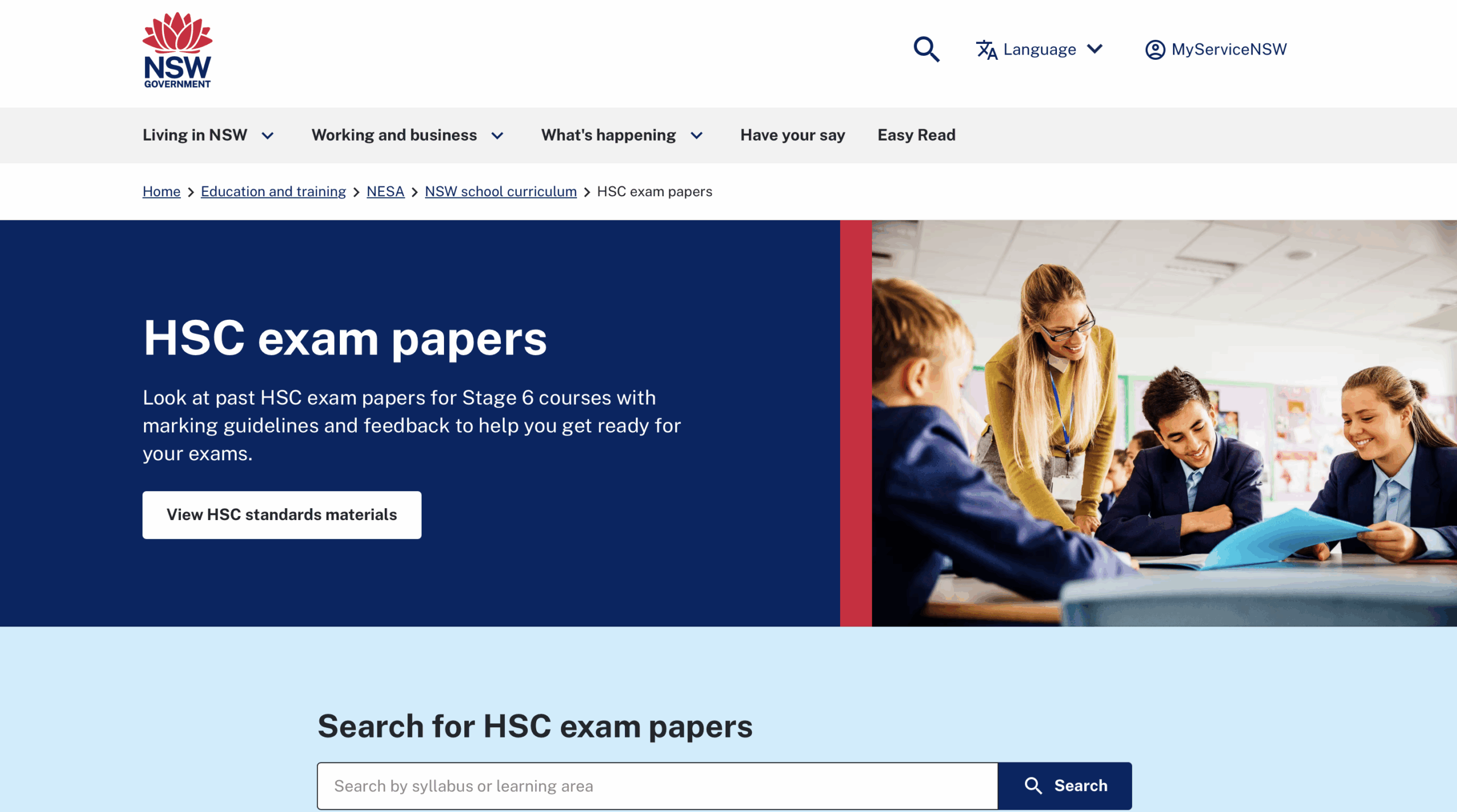
As the HSC exams creep closer in October, I’ve noticed a familiar pattern with many of my students: they feel like they’ve studied “enough,” but when we sit down with a past paper, the panic sets in. Suddenly, the confidence they had while reading notes or highlighting textbooks disappears. That’s why I always tell my students to remember the importance of practice papers aren’t just helpful, they’re essential.
When you attempt a paper, you’re doing more than testing your memory. You’re training your brain to think under pressure, to structure an essay in 40 minutes (time management is something you only master with practice), and to make decisions quickly when multiple questions look tricky. I often see students surprise themselves, not by what they don’t know, but by how much they do know once they’re forced to apply it.
Another benefit is timing. Many students, especially in subjects like English or Modern History, run out of time because they’ve never practised writing full responses under exam conditions. Doing a paper in a set time frame is like rehearsal before a performance and the more you practice, the smoother the real thing will be.
The key, though, is reflection. Simply finishing a paper isn’t enough. I encourage students to sit with their mistakes, compare their answers with the marking criteria, and identify exactly what cost them marks. Those mistakes then become stepping stones rather than setbacks.
Parents can play a big role here too. Even something as simple as creating a quiet space, setting a timer, or printing off past papers helps students take the process seriously. Some parents like to act as “exam supervisors” at home, which can make practice sessions feel more authentic. Afterwards, showing encouragement, rather than focusing only on mistakes, helps build confidence and keeps motivation high.
With only a few weeks left before October, my advice is simple: make practice papers a regular part of your routine. They’ll build confidence, sharpen your timing, and make the real exams feel less daunting. After all, it’s better to make mistakes now, in practice, than in the exam hall.
Natasya Ross

